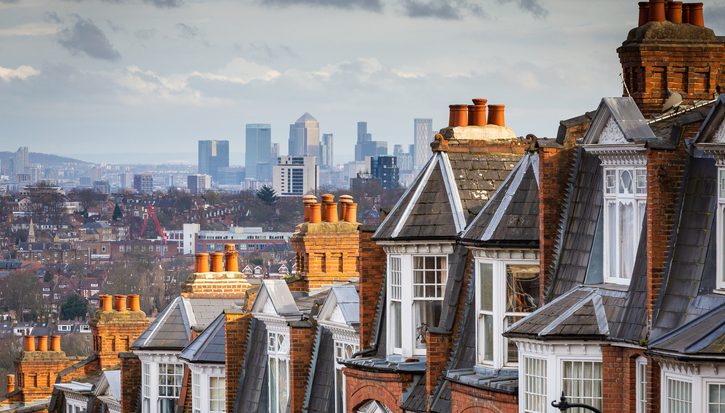Northern Powerhomes: A green recovery plan to decarbonise homes in the North
Article
Direct emissions from housing need to be reduced by 24 per cent by 2030 to meet the UK’s Paris Agreement commitments, and further impetus is required to meet the legally binding net zero 2050 target, let alone the 2030-2040 targets of many of the North’s local authorities. But sufficient progress is not being made and a fresh drive is needed to decarbonise housing.
Many people in the North have been left behind with regional inequalities set to worsen in the context of the Covid-19 pandemic. Poor housing (the worst in Europe) combined with low incomes and rising unemployment have left many people with a bleak future. A new ambitious programme of decarbonising the North’s housing, starting with social housing providers, could help restart the recovery and provide a much needed plan for a specific economic intervention that contributes to the government's much-discussed agenda of ‘levelling up’.
Related items

Towards a fair and proportional property tax

In search of the Scottish economy's 'low-hanging fruit': IPPR Scotland responds to the Muscatelli report
The report is a serious and thoughtful analysis of what is and isn’t working in Scotland’s economic development eco-system.
Celebrating 10 years of IPPR Scotland
In celebration of our 10th anniversary, IPPR Scotland was delighted to host a daylong conference on October 29.